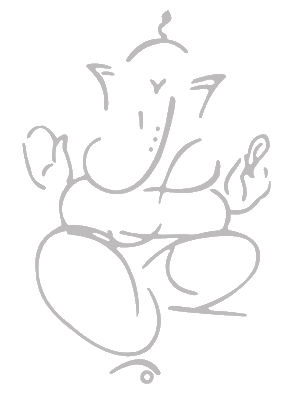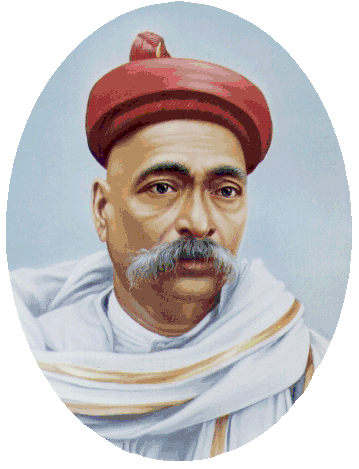|
|
 |
                      |
 |
 |
|
 |
 |

Indian cultural and social heritage and traditions are unique in the sense that every Indian festival is
celebrated with true spirit and flavored with essence of real expression of eternal pleasure and enthusiasm. After the end
of scared Hindu month dedicated to God Shiva, festive season of country starts with Ganesh Festival. Lord Ganesh the son of
Parvati, is worshiped ahead of all Gods and Goddess. If we look at the word “Ganesh” this is composed of two words
“Gun” [qualities] and “esh” [Lord] hence celebration of Ganesh festival is the occasion in true sense
is meant for being the master of the qualities.
Every year, Sarvajanik Utsav Mandal takes different competitions for children in age group of 3 to 17. In
this, mandal conducts Drawing Competition, Singing Competition, Drama Competition, and Solo Dancing. Apart from cultural programs, mandal also conducts exhibition on Rangoli, Safety. The activity builds a sense of belongingness and teamwork among the youth. In this way, children’s
enthusiasm becomes high and learn qualities like stage daring, working in a team, conversational skills etc. The Mandal conducts
Bhajans, and Satsang programs. Various groups come and sing the Bhajans with great dignity and devotion.
The immersion procession concludes at Trombay i.e approximately 5 km. from Anushaktinagar. The Mandal volunteers along with the devotees celebrate this
auspicious moment by dancing amidst chants of ‘Ganpati Bappa Morya. Phudchya Varshi Laukar Ya’ and proceed towards
the sea to complete the immersion rituals. Bond by the love and devotion for Lord Ganesh people work
with a zeal making it a socio-cultural development of individuals.
|
 |
 |
 |
 |
 |
 |
|

FESTIVAL HISTORY
Before 1893, Ganesh Chaturthi used to be an important public festival during
the Peshwa rule
in Maharashtra, but
that year, Indian freedom
fighter and social reformer Lokmanya Tilak transformed
the annual festival into a large, well-organized public event. He saw an urgent need to reshape the Indian society based on
our own heritage and philosophy. He severely criticised the blind imitation of western ways and said that it amounted to spiritual
and moral bankruptcy. Tilak recognized the wide appeal of the deity Ganesh as "the god for everybody", and popularized Ganesh
Chaturthi as a national festival in order to facilitate community participation and involvement in the form of intellectual
discourses, poetry recitals, performances of plays, musical concerts, and folk dances. It served as a meeting ground for people
of all castes and communities which build a new grassroots unity between them",
and generate nationalistic fervor among people in Maharashtra against the British colonial rule, in times when, in order to
exercise control over the population, the British Rule discouraged social and political gatherings.
|
|
 |
 |
 |
 |
|
 |
|
 |
 |
|
Please get in touch to offer comments and join our mailing list.
 |
|






|
|






|
|